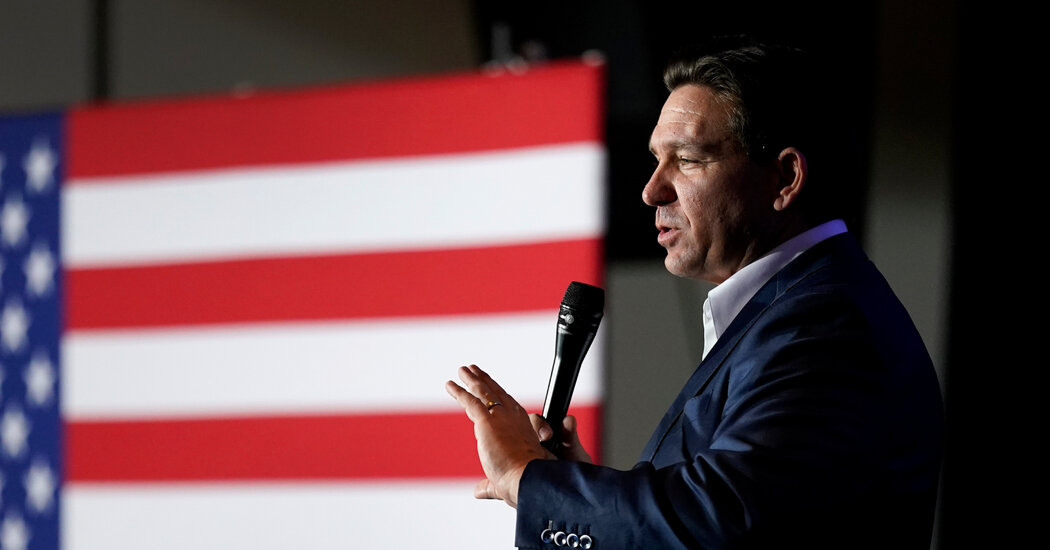Government buildings across the South received bomb threats on Thursday — the second consecutive day that such warnings prompted serious security measures at government facilities.
In Mississippi, “multiple bomb threats at various locations across the state” prompted officials to take “precautionary measures” and put in place “standard emergency procedures,” the state’s Department of Public Safety wrote on X.
The agency said that bomb teams had been deployed to locations throughout the state.
Department spokesperson Bailey Martin said that the agency was working with state and federal officials in investigating the threats.
In Arkansas, the Pulaski County Courthouse in Little Rock was also forced to evacuate after a bomb threat was received, a spokesperson for the Arkansas State Capitol Police said.
And in Florida, local media reports indicated that similar threats prompted the evacuation of a state courthouse in Daytona Beach — the Fifth District Court of Appeal. Law enforcement officials in Florida didn’t immediately respond to questions.
The fresh wave of threats comes one day after at least eight state Capitol complexes — including the ones in Mississippi and Arkansas — were forced to evacuate following bomb threats.
Federal officials have warned that public servants at all levels of government have faced a huge surge in threats in recent years.
In September, Attorney General Merrick Garland testified that government workers had seen an “astounding“ number of such threats.
In addition, several government officials have faced, in just the last month, an uptick in “swattings” — or when someone makes a false report of a crime in progress to draw police to a certain location.
Rep. Marjorie Taylor Greene, R-Ga., said she was the victim of a swatting incident at her home in Georgia on Christmas Day, while Sen. Rick Scott, R-Fla., said his home in Naples, Florida, was “swatted” a few days later.
Maine Secretary of State Shenna Bellows was the target of a swatting call on Dec. 30, after ruling that former President Donald Trump was constitutionally ineligible to appear on the state’s primary ballot next year.



